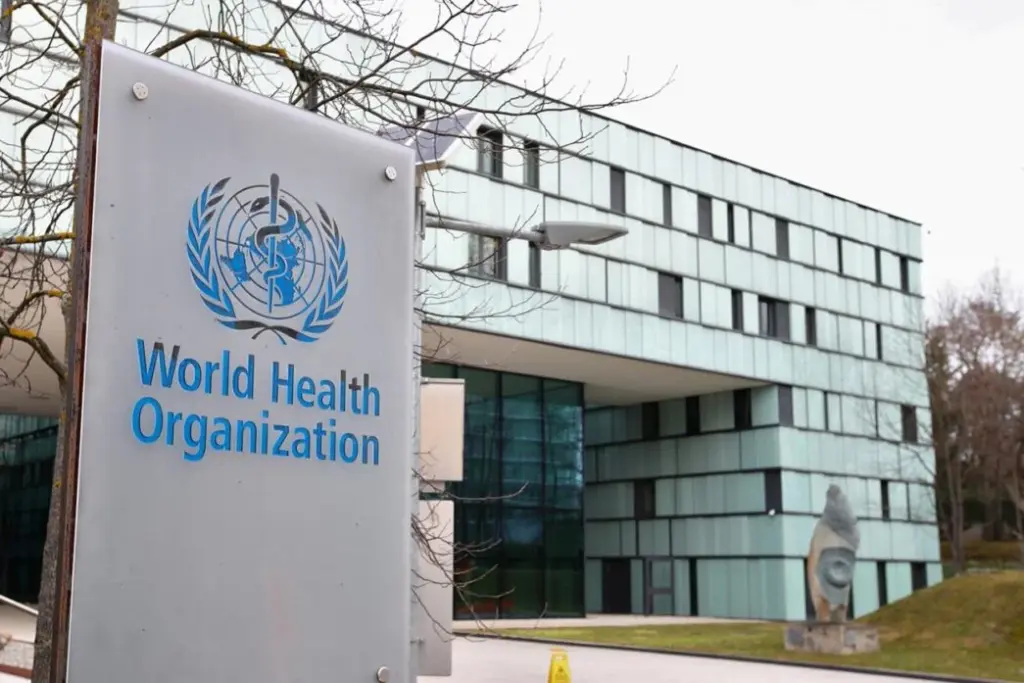The World Health Organisation (WHO) has called on Nigeria to increase public health spending to at least 20 percent of total health expenditure in order to build a health system that protects, empowers, and uplifts its population of over 223 million.
WHO Regional Director for Africa, Prof. Mohammed Janabi, made the call on Thursday in Abuja at the National Health Financing Policy Dialogue 2025. He described health financing not just as a technical issue but “a moral imperative, a continental signal, and a test of our collective resolve.”
Janabi commended the Nigerian government for ongoing reforms such as the Basic Health Care Provision Fund, the National Health Insurance Authority Act, and the expansion of state-level insurance schemes, which he described as “foundations for resilient health systems.”
“Health is not a cost, it is capital. It drives productivity, resilience, and inclusive growth, and Nigeria is showing what is possible,” he said.
He stressed that sustainable financing must focus on reducing out-of-pocket payments, strengthening pooling and repayment mechanisms, and relying on evidence-driven decisions. “Out-of-pocket payments are recycling poverty,” he warned.
Janabi reaffirmed WHO’s commitment as a partner in building an inclusive, equitable, and responsive health financing system but emphasized the need for bold, sustained, and accountable implementation of reforms.
Also speaking, African Union (AU) Commissioner for Health, Humanitarian Affairs and Social Development, Amb. Amma Amoah, commended Nigeria’s recent approval of $1.7 billion for the HOPE Projects, which aim to strengthen governance, expand primary healthcare, and improve nationwide service delivery.
“Africa will get it right once Nigeria gets it right,” Amoah said, stressing the need for an African-led health financing agenda rooted in domestic commitment but supported by global solidarity.
Head of High Impact Africa at the Global Fund, Maria Kirova, said sustainable investments are vital for improved outcomes, praising Nigeria’s leadership in tackling HIV, tuberculosis, and malaria. She noted that the Global Fund has supported sustainability through co-financing incentives, catalytic funding, and partnerships with government, civil society, and the private sector.
AU Special Envoy on COVID-19 Financing, Dr. Donald Kaberuka, described sustainable and predictable financing as critical to achieving universal health coverage, stressing that Nigeria must not fail Africa.
“The people of Nigeria need four things: peace and stability, education, an environment that fosters innovation, and a healthy population. Oil and minerals are not the real window of opportunity; talent and innovation are,” Kaberuka said.
Minister of Budget and Economic Planning, Senator Abubakar Bagudu, acknowledged reforms that have boosted private sector confidence but warned that the combination of public and private resources still falls short of meeting the needs of Nigeria’s population.
“This conference can help tell our story that Nigeria is determined to get it right, but we still need to mobilize private capital in greater volume and at competitive rates,” Bagudu stated.















